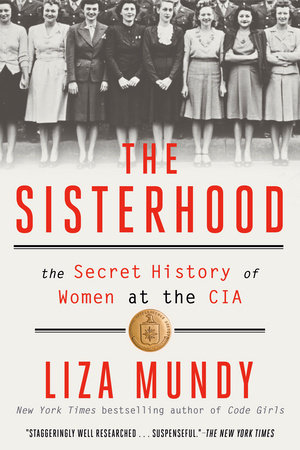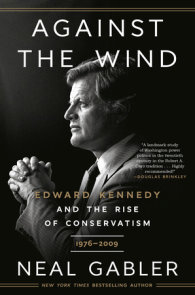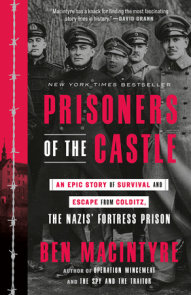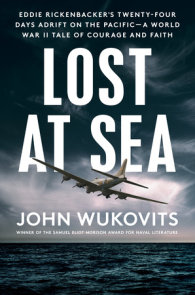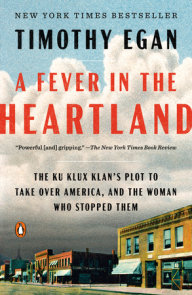READERS GUIDE
1. The Sisterhood captures the experiences of three overlapping generations of women at the CIA. Which figures featured in The Sisterhood stood out most to you? What about their stories resonated?2. How would you describe the attitudes and opportunities women experienced during each of these three generations? Put differently, what were the key differences in the experiences of Eloise Page, Lisa Harper, and Molly Chambers?
3. Mundy presents various examples of women conducting excellent spycraft, where being a woman is turned to the spy’s advantage. What instances do you remember from the book? What unique qualities or perspectives might women possess that might make them good spies?
4. Mundy also includes many examples of women in the CIA being treated with disrespect, held back from advancing in their career, or being dismissed altogether. What do we as a society lose when institutionalized sexism—or other forms of discrimination—prevents some people from getting a seat at the table? How might the CIA have been a different place?
5. A number of women in the book are shown to have made unique sacrifices—foregoing marriage and families, for example—in order to pursue their careers as operatives in the field. Do you feel that such sacrifices are “par for the course” in this unusual field, or could the CIA have done more to allow all their employees to work without making such sacrifices in their personal lives?
6. How did some of the male figures discussed in the book inform or influence the culture of the CIA? Which men in the book stood out to you as being particularly antagonistic or supportive in their relationships with women?
7. As Mundy shows, sex has always been present among CIA employees—instances of misconduct and consensual affairs alike, whether in the workplace or between agents and assets. Do you think the intelligence field differs from other industries in this regard?
8. The book gives a new perspective on 9/11, notably its provocative exploration of the experiences of the women analysts of Alec Station—specifically regarding their warnings about al-Qaeda not being taken seriously—in the years leading up to the terrorist attacks. What stood out to you most? Why do you think things played out as they did?
9. In your reading, did The Sisterhood celebrate or challenge your sense of patriotism? How so?
10. If you worked at the CIA, would you rather be an operative or an analyst? Why?







